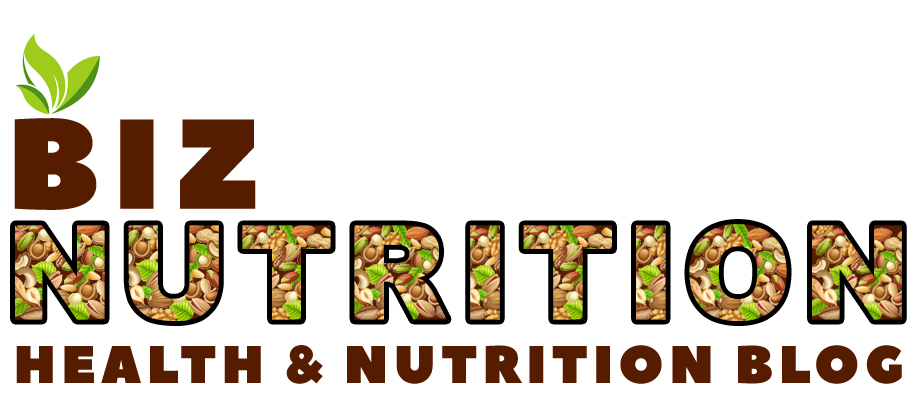
Beneficial bacteria and yeasts that are still alive and kicking are called probiotics. Typically, our minds immediately jump to these as disease-causing bacteria. However, both healthy and dangerous bacteria can be found in your body. Since they promote digestive health, probiotics are sometimes called “good” or “helpful” bacteria.
The benefits of probiotics can be found in dietary supplements and foods like yoghurt. To aid digestion, several doctors recommend them.
Help With Digestive Problems
Probiotics are best recognized for gastrointestinal health. Studies show some probiotic strains reduce gas, bloating, and indigestion. Probiotics can also avoid these issues.
Your gut microflora absorbs nutrients and eliminates waste. An imbalance of “good” and “bad” bacteria can cause digestive issues, including IBS and Crohn’s disease.
Probiotics improve GI tract function and microbiome, treating various illnesses.
Probiotics treat antibiotic-induced diarrhoea, Clostridium difficile colitis, viral diarrhoea, ulcerative colitis, Crohn’s disease, scarcity, and irritable bowel syndrome.
Overcome Diarrhea
Probiotics prevent infectious, antibiotic, and IBS-related diarrhoea. Daily probiotics reduce diarrhoea-causing intestinal motility and increase peristalsis.
Probiotics prevent diarrhoea in daycare kids. Lactobacillus GG and Bifidobacterium lactis reduced diarrhoea and upper respiratory infections in children. (either alone or in combination with other strains).
Several clinical trials have shown that the properties of probiotics are effective in treating and preventing diarrhoea. The majority of treatments have immediate results within 24 hours.
It’s also worth considering packing probiotics for your trip. They’re useful for fighting against infections while on vacation or a trip abroad.
Strengthen The Safety Of Your Gut
When the intestinal lining cells become loose and more permeable, a condition known as “leaky gut syndrome” develops. Increased intestinal permeability is a common consequence of gut inflammation, another name for the illness. Causes of inflammation include both dietary sensitivities and gastrointestinal diseases.
Researchers have shown that the benefits of lactic ferments can modify GI immunity by suppressing inflammatory cytokine production and decreasing levels of proinflammatory chemicals. Intestinal inflammation is lowered as a result. Therefore, this probiotic-mediated regulation of gene expression can aid in avoiding leaky-gut syndrome and preserving gut-wall health.
Bifidobacteria, Bacillus, Lactobacilli, and Saccharomyces strains that modulate mRNA expression in cultured enterocytes and elicit an anti-inflammatory response are the most effective.
Improve One’s Defenses
Taking probiotics for immune system support is extremely frequent. Supplementation with probiotic bacteria, especially Lactobacillus and Bifidobacterium species, has increased immune cell diversity and efficiency.
70{84396b3a7829c76ae95d967c1ab3fe1b80c3847673fd12bfeedee496aa25ab7f} of immune system cells are in gastrointestinal lymphatic tissue. Probiotic-rich diets protect these important cells.
Prebiotics enhance probiotics. One study suggested immune-boosting lactic acid bacteria and Bifidobacteria.
Prebiotics and probiotics lower inflammation and prevent immunological disorders together. Prebiotics feed probiotics.
Conclusion
Bienfaits des probiotiques sur la santé have been proven for decades. Friendly bacteria boost immunity and avoid drug resistance.

